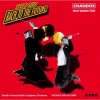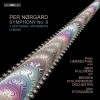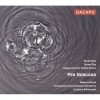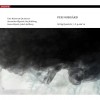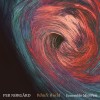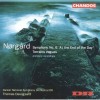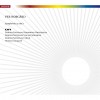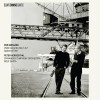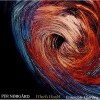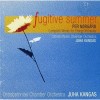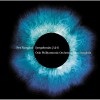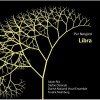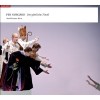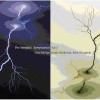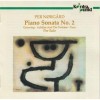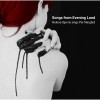| 国家: | 丹麦 |
| 期间: | Contemporary classical music |
传记
Per Nørgård (pronounced [ˈpʰeɐ̯ ˈnɶɐ̯ɡ̊ɒːˀ]; born July 13, 1932) is a Danish composer.
ørgård was born in Gentofte, Denmark. He studied with Vagn Holmboe at the Royal Danish Academy of Music in Copenhagen, and subsequently with Nadia Boulanger in Paris. To begin with, he was strongly influenced by the Nordic styles of Jean Sibelius, Carl Nielsen and Vagn Holmboe. In the 1960s, Nørgård began exploring the modernist techniques of central Europe, eventually developing a serial compositional system based on the "infinity series" (Nørgård 1975), which he used in his Voyage into the Golden Screen, the Second and Third Symphonies, I Ching, and other works of the late 1960s and 70s (Mortensen n.d.(a)). Later he became interested in the Swiss artist Adolf Wölfli, who inspired many of Nørgård's works (Anon [n.d.] at the Wayback Machine), including the 4th symphony, the opera Det Guddommelige Tivoli and Papalagi for solo guitar.
Nørgård has composed works in all major genres: six operas, two ballets, eight symphonies and other pieces for orchestra, several concertos, choral and vocal works, a very large number of chamber works (among them ten string quartets) and several solo instrumental works. These include a number of works for the guitar, mostly written for the Danish guitarist Erling Møldrup: In Memory Of... (1978), Papalagi (1981), a series of suites called Tales from a Hand (1985–2001), Early Morn (1997–98) and Rondino Amorino (1999). One of his most important works for percussion solo is I Ching (1982) for the Danish percussionist Gert Mortensen. He has also composed music for several films, including The Red Cloak (1966), Babette's Feast (1987), and Hamlet, Prince of Denmark (1993).
His eighth symphony was premiered on 19 September 2012 in the Helsinki Music Centre, Finland, by the Helsinki Philharmonic Orchestra conducted by John Storgårds. Heikki Valska from the Finnish radio described the symphony as »very bright and lyrical« and »approachable«. It was well received by the audience at the premiere (Anon. 2012).
Nørgård is also a prolific writer. He has written many articles dealing with music not only from a technical but also a philosophical viewpoint.[







